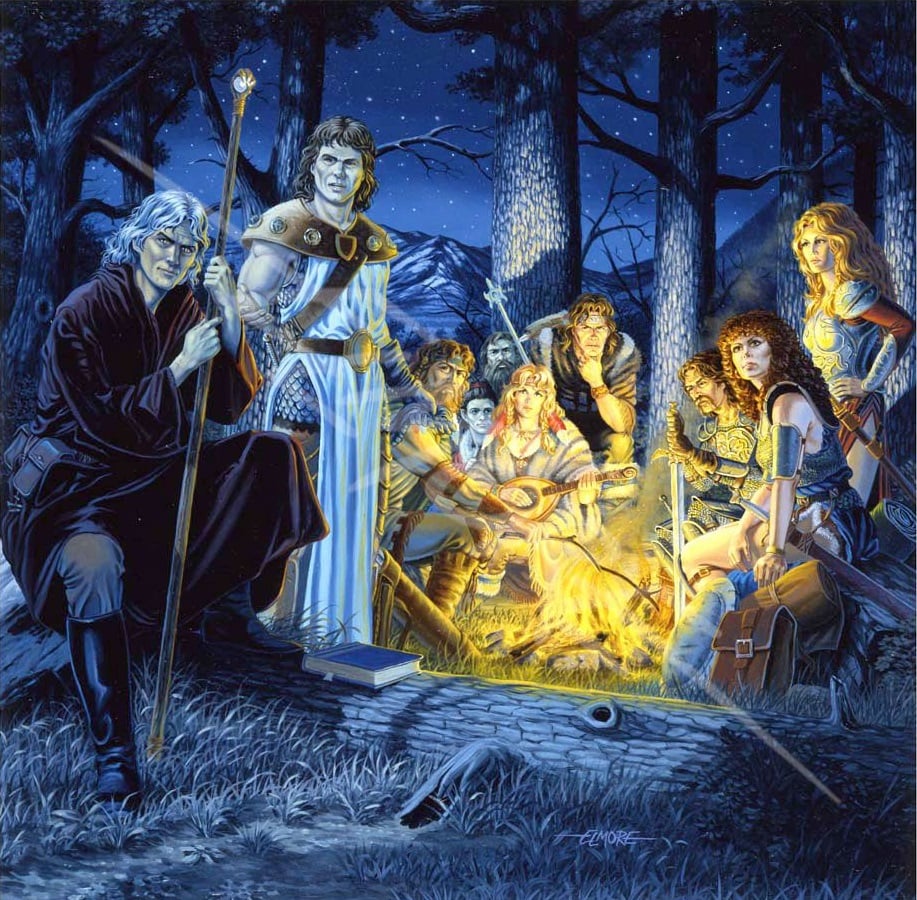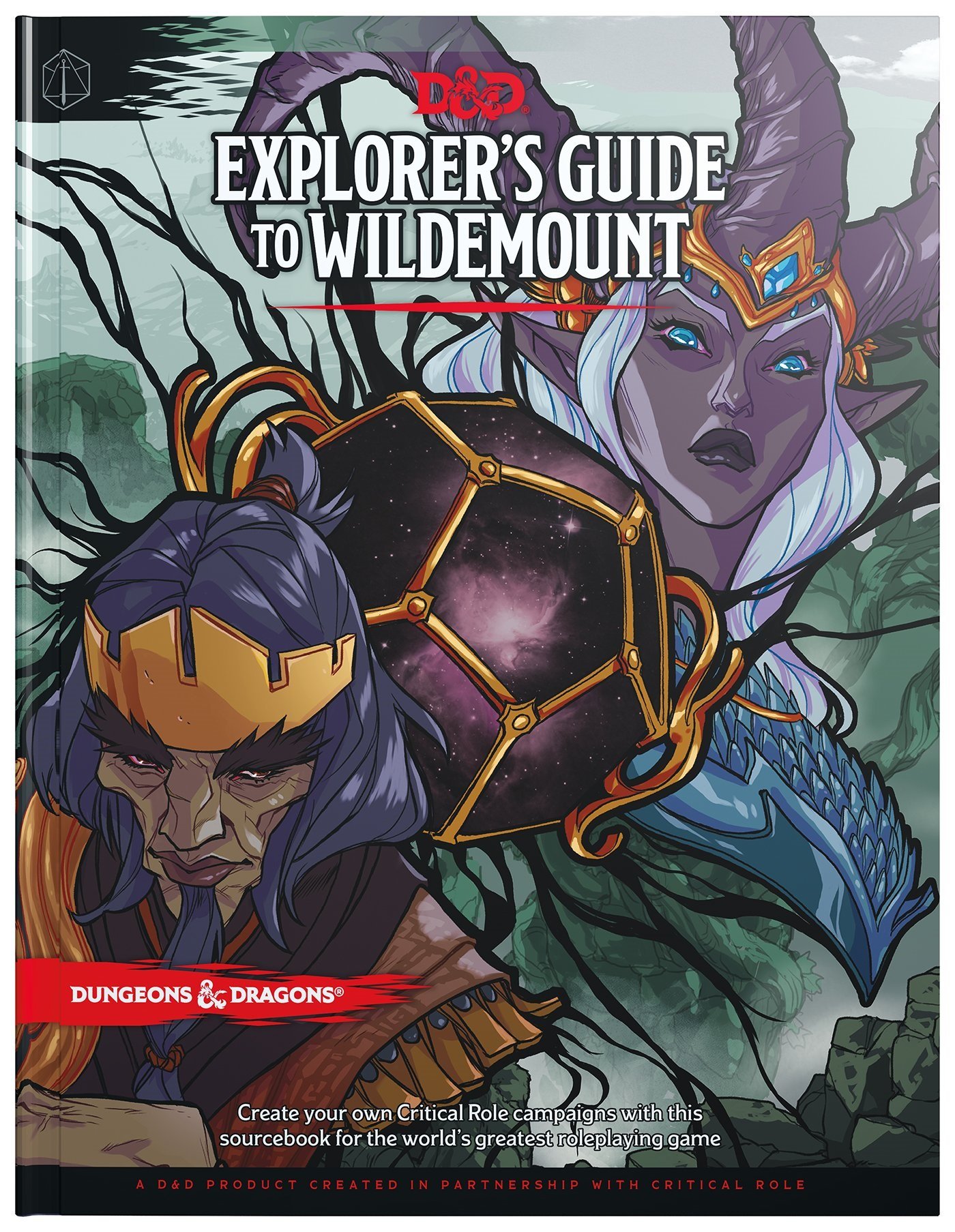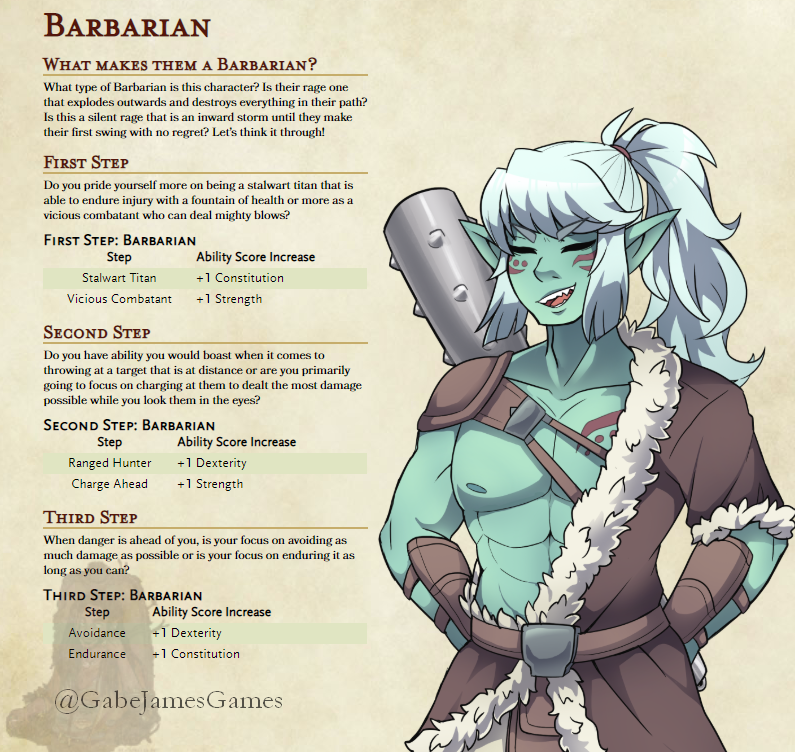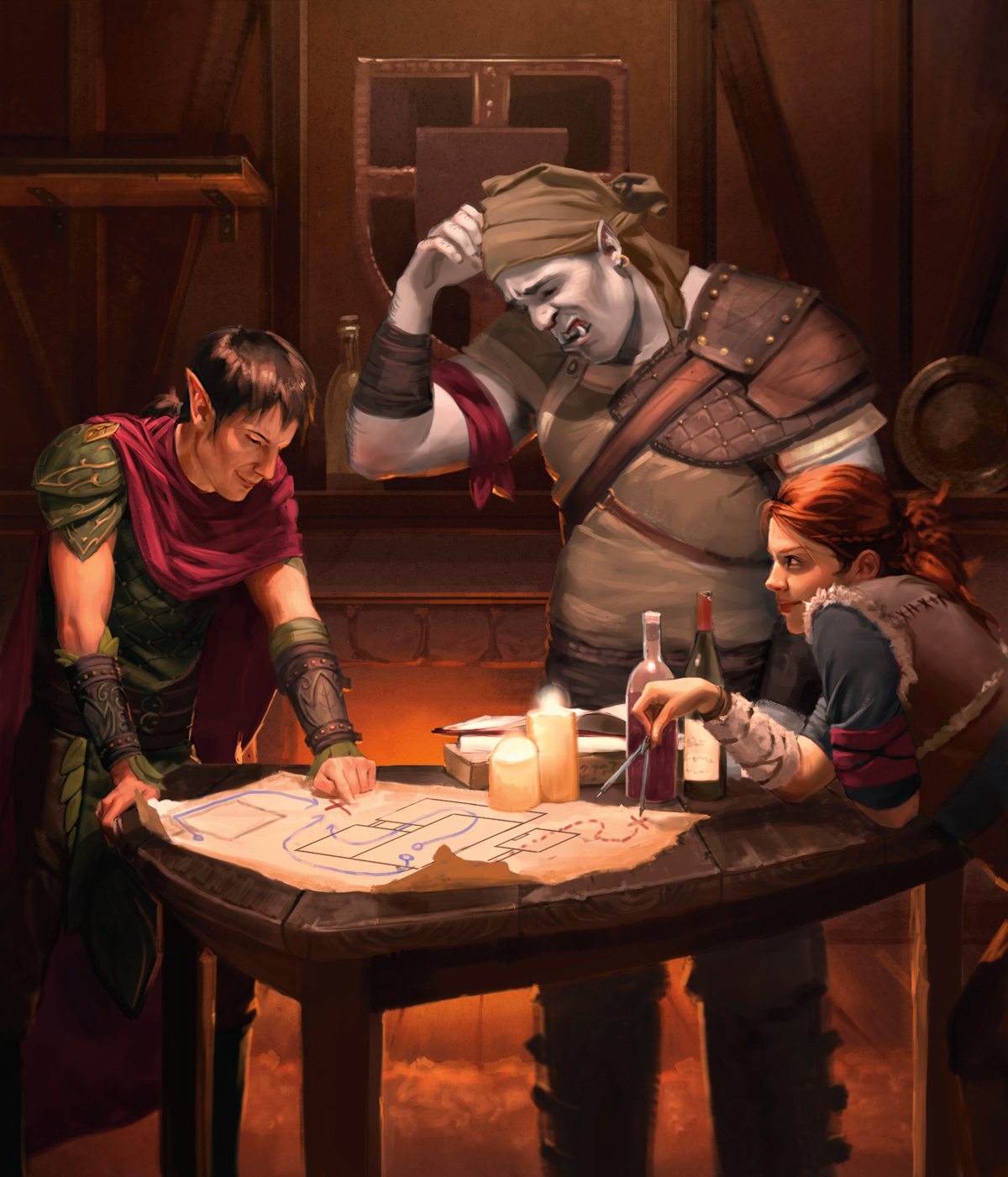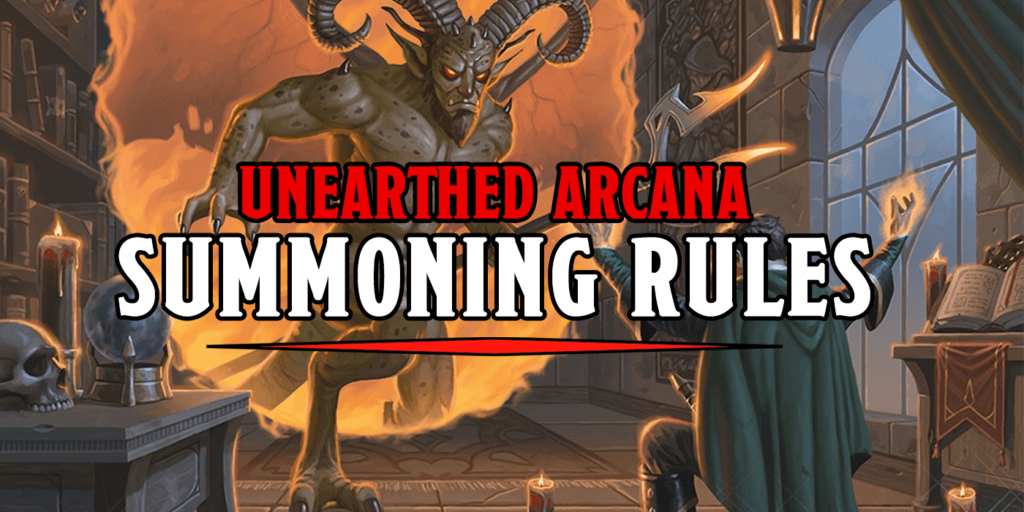D&D: Moving Past Racial Ability Scores – Using Class
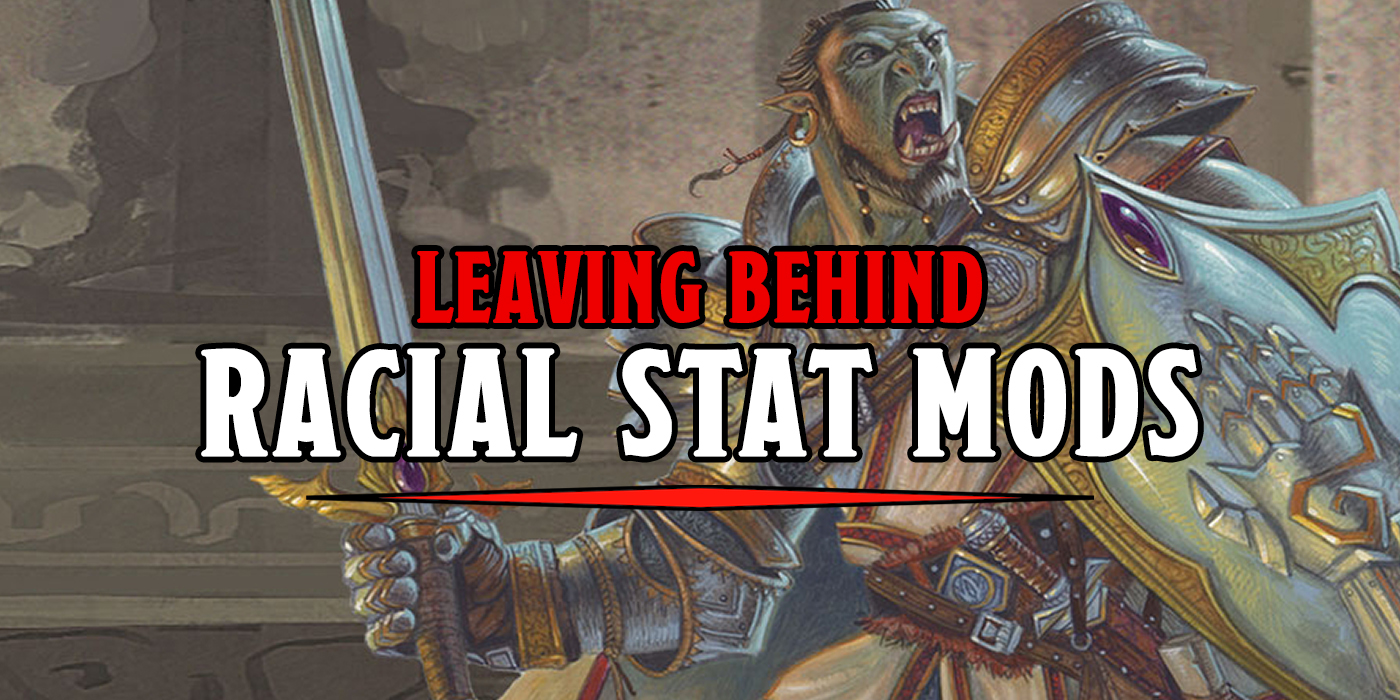

Do you think D&D’s racial stat modifiers are a thing of the past? You’re in good company, it turns out. A few familiar folks are looking at alternate options.
Have you ever wondered why characters in Dungeons & Dragons are defined by exactly six different characteristics? Why is it Strength, Dexterity, Constitution, Intelligence, Wisdom, and Charisma? Other games use variants of these, Shadowrun has its Body, Quickness and Reflexes, while Star Wars has Brawn and Willpower and Cunning–but the end result is the same. There’s generally a few stats that correspond to how quick, tough, strong, smart, charming, and disciplined you are.
This is because back in 1974, when D&D was first taking form, these were the stats that went into the game, and there they’ve sat for the last 46 years. But, these scores are not without their problems. Racial ability modifiers might initially make sense–after all, the argument goes, you wouldn’t expect a gnome to be as strong as an orc, on average. But problems start to seep in when you look at how the races map on to humanity. Orcs are described as savage and ferocious and brutish, and up until recently, came with an in-born intelligence penalty. Eberron Rising from the Last War and Explorer’s Guide to Wildemount have both changed this, dropping the penalty.
That change is a deliberate step forward, reflecting the changing conversation in the tabletop roleplaying game space. Indeed, both Eberron and Wildemount do a lot with the assumption that all orcs are evil, or even that all drow are corrupted followers of Lolth. It’s a change that’s been brewing in the background of D&D’s various editions since 3rd at least, if not sooner. But the genre has its own weight.
After all, orcs famously began as Tolkien exaggerating descriptions of Mongols while borrowing words from Beowulf. A lot of the language used to describe orcs is the same language used to denigrate and “other” different peoples. And that sword cuts both ways–to say one “race” is naturally more intelligent is basically racial superiority, and that’s not a good look either. Everything’s political, it always has been, we’re just more aware of it these days. Hence the change.
Pathfinder recognizes this, and has started moving stat bonuses away from being tied to race–in fact they go so far as to remove the term race altogether. If you want to play a Dwarf, you select Dwarf as your ancestry, and under Pathfinder rules, you have an option for boosts to your different stats.
Recently, Gabe of Gabe James Games posted up a preview of an alternate system for basing your stats off of your class instead of your race:
I'm along the lines of being iffy on racial modifiers for ability scores in #dnd, would you be interested in a little guide on stat modifiers based on class 👀?
AdvertisementIt's a generally small bonuses of +1 to one of the primary stats of the class but for story purposes
— Gabe but 86% Kingdom Hearts (@GabeJamesGames) March 26, 2020
Things took a surprising turn when Critical Role DM Matt Mercer weighed in, saying that he too would love to see class-based modifiers as well, calling racial ability mods part of the “dregs of older editions.”
I myself agree, and while I know it’s part of the dregs of older editions that has endured, I myself would prefer class-based modifiers as well (and hope any future editions lean this way).
— Matthew Mercer (@matthewmercer) March 26, 2020
Subscribe to our newsletter!Get Tabletop, RPG & Pop Culture news delivered directly to your inbox.By subscribing you agree to our Terms of Use and Privacy Policy.
Like we said, if you want to move more towards Class or Background to help determine your stats, you’re in good company. Here’s a sample of what that might look like–it makes for interesting stories and characters.
Basically you pick a stat boost at each step, and end up with a total +3 stat mod spread–the Barbarian, here, might end up with +2 Con, Str, or Dex, and +1 in one other, or spread it out among all three. It’s a flexibility that 5th Edition could sorely use.
This is a quick look at how the class module works. My goblin is just a placeholder but this is a look at Barb. This is a preference and option, NOT a correction. Giving you the choice of how your character trained in their class and still giving the +3 total but more choice pic.twitter.com/tf4AlArXFC
— Gabe but 86% Kingdom Hearts (@GabeJamesGames) March 27, 2020
There’s one module for each of the classes in the works, so we’ll keep an eye out for when they get published. This isn’t even the first time we’ve seen this kind of system in place. Over on D&D Beyond, they posted an article just last year about decoupling race and ability.
There are over 1,000 unique race/class combinations in fifth edition D&D, but only a small handful of them are worth playing from a character optimization standpoint. Not everyone feels the need to play optimal characters, and would instead rather play characters for their roleplay potential than their mechanical viability, but I don’t see why we can’t have both.
Halfling rogues are a classic class combination, for example, because they’re an optimal combo for all three pillars of D&D. Ever since The Hobbit, the idea of halflings being small and sneaky has been a staple of fantasy, giving us prime examples of how one might explore, fight, or interact with people as a halfling rogue. And D&D lets you do all that because of supremely synergistic racial ability score increases, racial traits, and the somewhat more ephemeral idea of being fun to roleplay. On the other hand, class combinations like a half-orc wizard have always been a harder sell. In previous additions, a half-orc’s penalty to Intelligence made being a wizard incredibly hard—and even in fifth edition D&D, the fact that the half-orc race doesn’t get a bonus to Intelligence makes it hard to excel as a wizard because you’ll always have a subpar spell attack bonus and saving throw DC.
This is to say nothing of the fact that linking ability score penalties (which are thankfully absent from the fifth edition Player’s Handbook, at least) to your choice of race has distasteful similarities to real-life racist ideology.
That’s James Haeck writing on an alternate system for ability score, while referencing James Mendez Hodes excellent article Orcs, Britons, And The Martial Race Myth, Part 1: A Species Built For Racial Terror which is exactly the sort of text that that one professor who insisted you call them by their first name kept trying to get you to read. Turns out they really were cool, but it was still weird that they wanted you to call them by their first name. They’re not your step-dad. They actually have your respect.
At any rate, it feels like D&D is moving ever forward. At this point, we turn it to you: what do you think? What system would you put in place if you were going to change it all? Let us know in the comments.
And happy adventuring!

